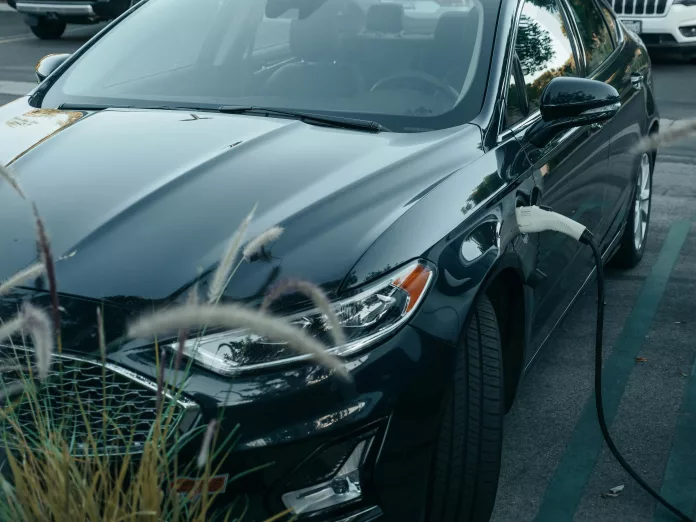Europe and the US are embarking on a significant change in the manufacturing of electric vehicle (EV) batteries, with a focus on diminishing reliance on Chinese graphite. An innovative approach has been introduced to counter this dependence, aiming to benefit the environment and industry alike.
From Waste to Worth: Creating Graphite from Woodchips
New Zealand-based company CarbonScape is spearheading an environmental revolution by transforming unused woodchips into high-quality synthetic graphite. This graphite, otherwise known as ‘biographite,’ is a key component in EV batteries and can be produced through a unique process called thermo-catalytic graphitisation. The procedure involves heating forestry by-products to generate charcoal, which can then be catalyzed and refined into battery-grade graphite.
Reducing Carbon Footprint with CarbonScape’s Biographite
The traditional methods of obtaining graphite, either from natural sources or synthetic processes involving fossil fuels, come with a substantial carbon footprint. In contrast, CarbonScape’s biographite production is eco-friendly, as CEO Ivan Williams explains. The company’s process not only utilizes renewable feedstocks but also captures carbon that would otherwise be released into the atmosphere during decay. By utilizing renewable energy sources, CarbonScape is pioneering a climate-positive option for the critically needed material in lithium-ion batteries.
Strategic Location of Production Plants for Efficiency
One of the significant advantages of CarbonScape’s biographite is the possibility of situating production facilities close to battery factories. By minimizing transportation distances, carbon emissions are further reduced, contributing to supply chain security and economic efficiency.
Energy Independence and Global Market Impact
With focus on energy independence, Western countries stand to benefit from a shift to biographite for the production of lithium iron phosphate (LFP) batteries. CarbonScape’s innovation comes at an opportune moment when the demand for graphite is surging, particularly due to the EV market’s exponential growth.
Although there may be concerns regarding the need for a large quantity of woodchips and the economic viability of biographite, CarbonScape points to the abundant availability of forestry by-products. They posit that a small fraction of these by-products could satisfactorily meet a substantial portion of the predicted future demand for graphite in EV batteries and grid storage solutions.
Financial Milestones and Future Plans
CarbonScape’s vision has attracted financial support, with recent investments amounting to €16.7 million, to help establish commercial biographite production in Europe and the US. This is an important development considering projections by Project Blue point to a significant graphite supply deficit by 2030.
This initiative by CarbonScape could mark a transformation in battery production, altering the landscape of electric vehicle manufacturing and setting new standards for environmental sustainability in the industry. With strategic advances and the promise of a greener future, biographite may well become a cornerstone of an energy-efficient and eco-conscious society.

























